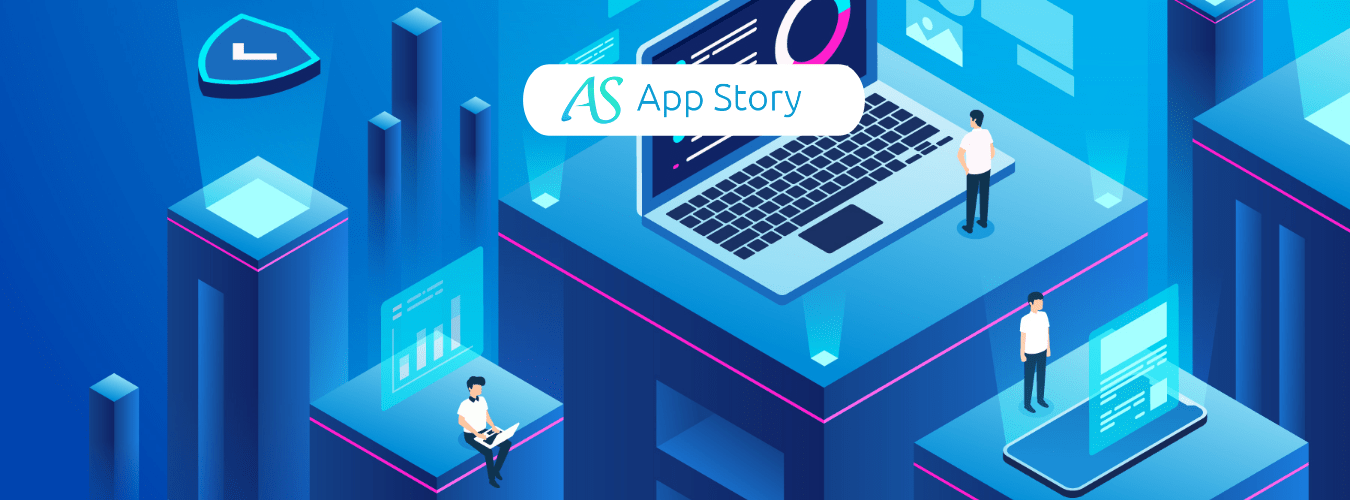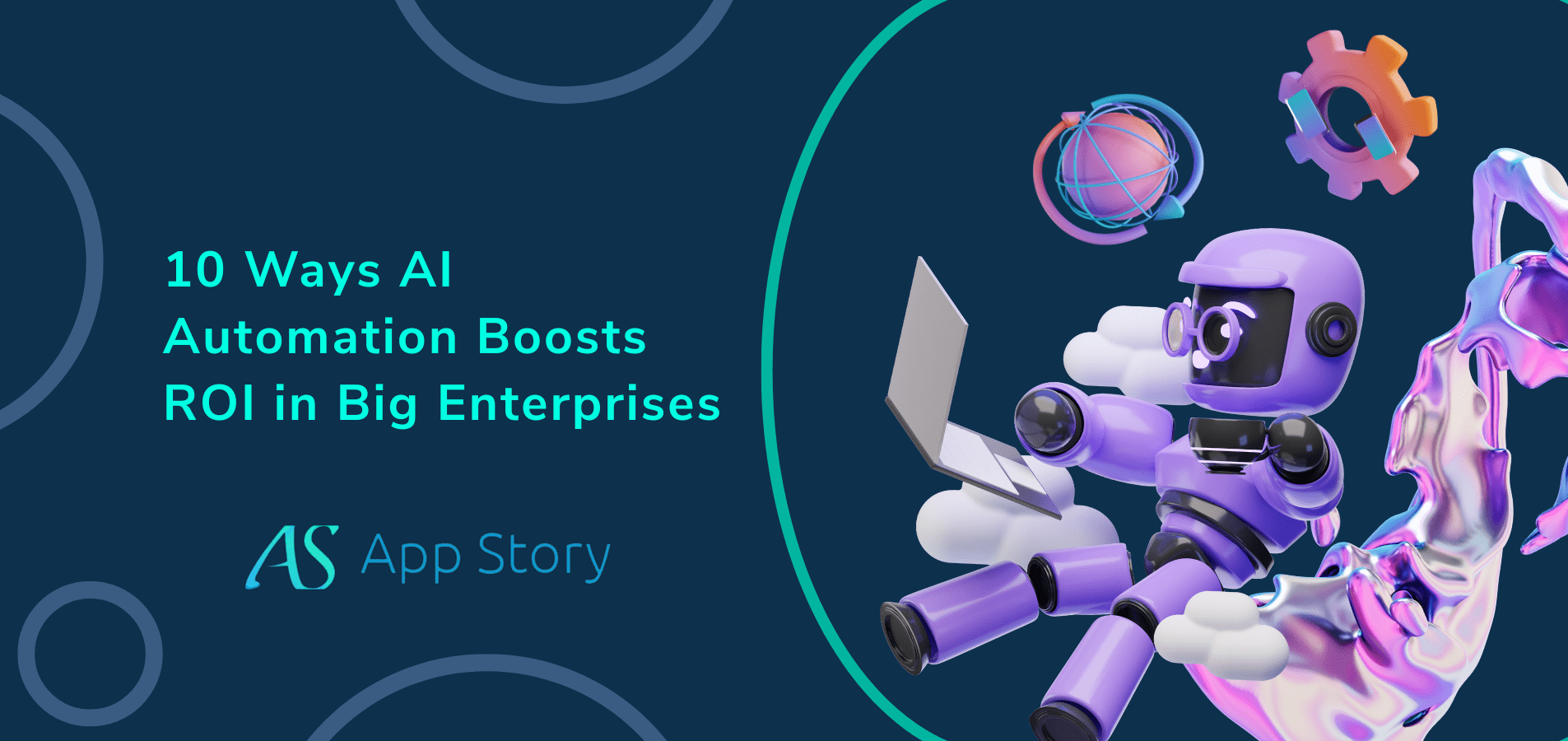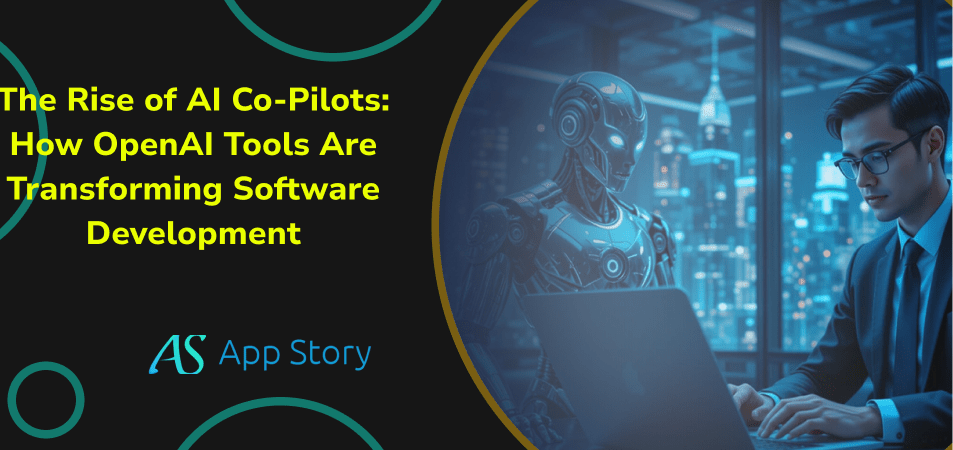Artificial intelligence, or AI, is the capacity of a computer or robot to carry out operations that more intelligent individuals typically perform. Artificial intelligence is often used in systems development projects when the systems have human-like intellectual abilities, such as generalization, meaning discovery, reasoning, and learning from prior experiences.
Since the first digital computer was created in 1940, AI software & top mobile app development services have demonstrated their ability to tackle complex activities such as solving mathematical theorems or engaging in challenging tasks like playing chess. These robots and intelligent systems can learn from experience and perform tasks that closely resemble those executed by humans. In the modern context, AI has become an extraordinarily potent weapon, boosting companies across many sectors. Future developments in artificial intelligence will likely significantly influence how we live, affecting and influencing many facets of our everyday life.
Types of Artificial Intelligence
Reactive machines, limited memory, theory of mind, and self-awareness are the four main kinds of AI currently understood by humans.
Reactive Machine AI
Artificial intelligence comprises systems that operate only on current information and consider the immediate scenario. Artificial intelligence for reactive machines cannot conclude the data now available and, as a result, cannot assess the actions that will be taken in the future. They have a limited range of duties for which they were particularly created. Popular search engine Google and the renowned IBM chess program are two reactive machine artificial intelligence instances.
Limited Memory AI
Small Memory by drawing information from its Memory, artificial intelligence may make better and more informed judgments. A limited memory artificial intelligence has a temporary or short-lived memory that may use to recall past events and, as a result, assess potential future actions. Self-driving automobiles are an illustration of artificial intelligence with limited Memory. It takes quick action using historical data that has been gathered. These vehicles, for instance, use sensors to identify pedestrians crossing the street and traffic lights to avoid future collisions.
Theory of Mind AI
Although the theory of mind is still an AI that needs further development, research is being done in this field of study. It is regarded as a very sophisticated of artificial intelligence. It is hypothesized that the artificial intelligence machines involved in this field impact psychology. This kind of AI will primarily concentrate on human emotion to better understand human beliefs and thinking.
Autonomous AI
In the case of self-aware artificial intelligence, machines are thought to develop a feeling of self and human awareness finally. In light of how things are right now, this idea seems unbelievable. However, it is possible to reach this level of super intellect.
Artificial Intelligence Machine Learning
A type of artificial intelligence known as machine learning (MI) enables various software programs to forecast events more accurately even when doing so was not their intended purpose. Machine learning employs algorithms that forecast results using past data as an input value.
Recommendation engines are a frequent use of machine learning. Machine learning is vital since it gives businesses a clear plan for managing client behavior and corporate operations. It also facilitates the development of new goods. Today’s top businesses, like Facebook, Instagram, and Google, have integrated machine learning into their operating systems.
Artificial Intelligence is reshaping the Automotive Industry
The automotive value chain may greatly benefit from the use of artificial intelligence. Artificial intelligence is now used in the automobile industry for designing, supply management, manufacturing, and post-production. Additionally, technologies for driver assistance and risk assessment are enhanced AL.
The whole transportation industry is transforming it. AI is also revolutionizing the aftermarket services sector, including insurance for autos and predictive maintenance. In the not-too-distant future, we’ll need to tap out our destination on a smartphone, get in a car, and a computer will take us there. Beginning with the era of hybrid and electric automobiles that promised driver happiness through balanced environmental preservation, the automotive industry has seen significant milestones that will leave it unrecognizable in a few years.
We have all seen how Tesla has altered the dynamics of the automotive industry. From its early direct sales strategy to its software-programmed autonomous driving feature that makes long-distance travel safer, less stressful, and more affordable, Tesla is the best example of how developments in the automotive industry impact its future. Robots are now working alongside people and, with the aid of ai, are acquiring industrial skills like designing and assembling automobiles. These AI-powered robots will be able to run the whole factory.
The use of AI has completely changed the transportation industry. Driving assistance technology greatly benefited from the application of AI. Tesla now only offers level 2 autonomous vehicles, but level 4 and 5 autonomous vehicles will soon be available. Artificial intelligence will monitor the driver to see whether they are dozing off or just plain exhausted.
Regarding aftermarket services,
Regarding aftermarket services, issues with engine and battery performance that may arise in the future may be anticipated using artificial intelligence. For instance, using data, it is feasible to determine at different times whether the fastening of the automobile body is correct. A technician will be informed if a bolt connection is not in the proper place and can be readjusted immediately.
This implies that flaws are found during a final test and may be fixed immediately, saving time and money. Even without a specialist present, welding may done and automatically examine. To repair the damaged welding locations, sensor data on welding sensors offers information on the length and intensity of the weld.
The usage of artificial intelligence in the automobile sector is currently evolving gradually. According to research, just a small proportion of cars in 2015—between 5 and 10%—were thought to fit with artificial intelligence. However, significant advancements have made in this domain over the past five years. An Automotive software development company in NYC has been instrumental in creating level 1 and 2 autonomous vehicles and introducing features such as parking assistance and cruise control. These innovations represent notable strides in harnessing the potential of artificial intelligence within the automotive sector.
Today, 85% and 90% of a car’s value comes from its hardware. The rest comes from its software and content. In the next 8 to 10 years, 95 to 98% of new cars will have AI-powered tech built in. This use of AI will increase the value produced by technology to 40–50% of the vehicle’s worth. Currently, the manufacturer of a car recognizes that name, but in a few years, it is anticipated that the software will be.
Artificial Intelligence Safety
The development of AI has made our lives better. Still, there is a more immediate worry about what would happen if the goal of making a strong AI were met, leading to a smarter system than humans in every way. With the ability to enhance itself, such a system would experience an explosion in intelligence that would far outstrip human intellectual endeavors.
Using this super-intelligence to end sickness, war, and poverty would be more advantageous. However, if artificial intelligence is employed to create autonomous weapons, this might quickly result in widespread deaths. These instances serve to highlight the issue of artificial intelligence’s safety. A super-intelligent artificial intelligence system created over the years will be excellent at doing its duties. There will be a problem if those tasks are not in line with human tasks.






 United States
United States United Kingdom
United Kingdom India
India Canada
Canada Singapore
Singapore















![10 Benefits of the Internet of Things You Should Know [2025]](https://www.appstory.org/wp-content/uploads/2025/03/ATS-10-Benefits-of-the-Internet-of-Things-You-Should-Know-2025@2x-80x60.png)




















